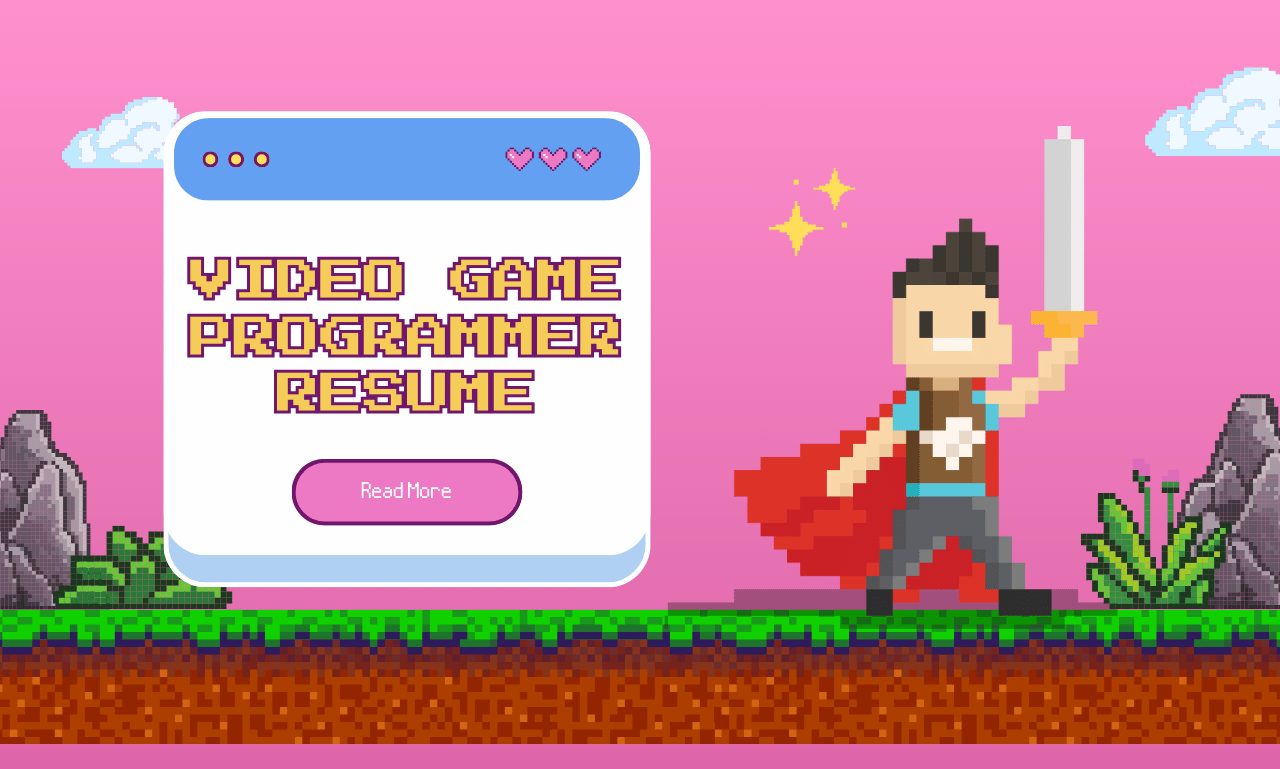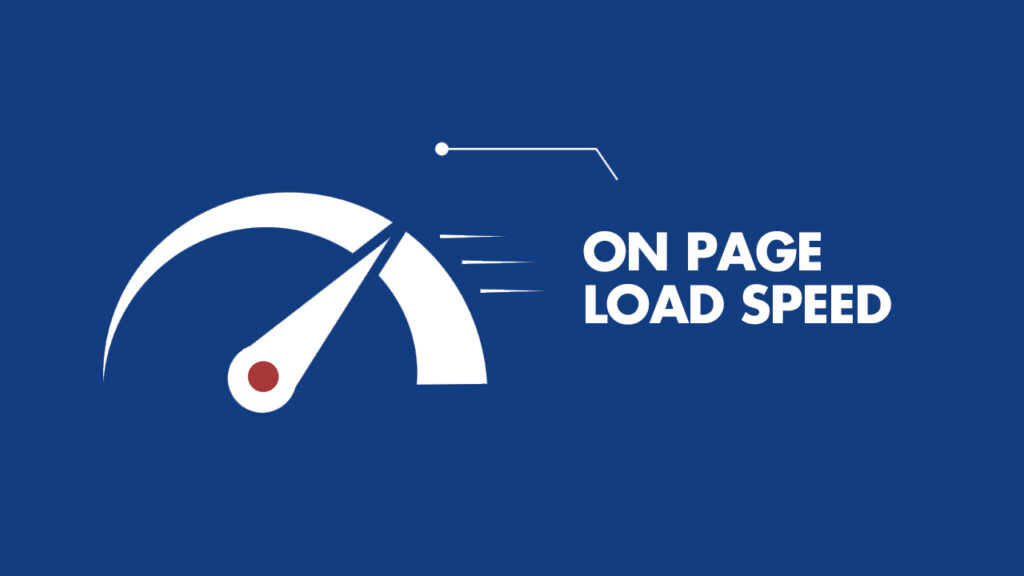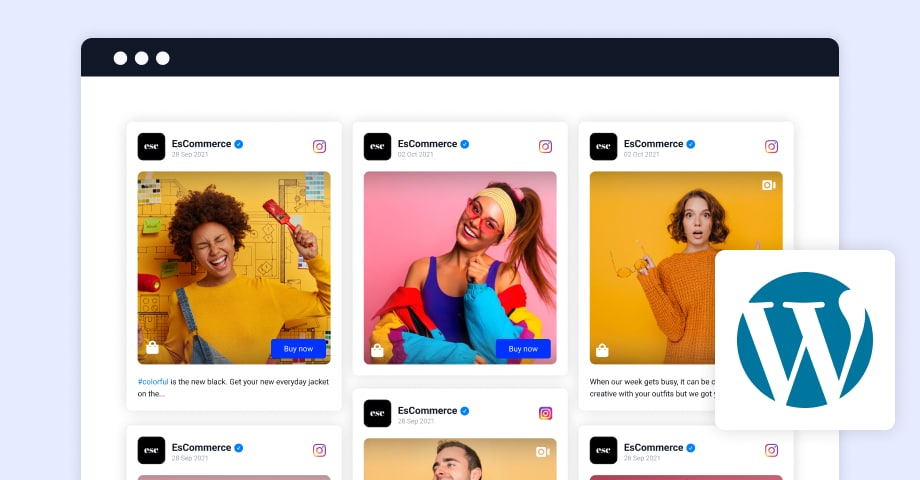The video game industry has seen explosive growth over the past few decades, creating numerous job opportunities for video game programmers. Whether you’re an aspiring developer or a seasoned professional, crafting a video game programmer resume that stands out is essential to landing your dream job. A well-written resume highlights your skills, experience, and passion for gaming while making it clear to employers that you’re ready to contribute to the success of their team. In this comprehensive guide, we’ll walk you through everything you need to know to create an exceptional resume tailored specifically to the gaming industry.

1. What Does a Video Game Programmer Do?
Before we dive into how to create a compelling resume, let’s first clarify what a video game programmer does. A video game programmer is responsible for writing the code that makes games run smoothly. They work on the game’s engine, mechanics, artificial intelligence (AI), graphics rendering, physics simulations, and networking components. Programmers in the gaming industry typically work in collaboration with game designers, artists, and producers to bring a game from concept to completion.
To craft a standout video game programmer resume, you need to demonstrate your technical expertise, your ability to work within a team, and your passion for gaming.
2. Choosing the Right Resume Format
The format of your resume is crucial in highlighting your strengths. There are several different resume formats you can choose from, but the key is to select one that best showcases your skills and experience.
a. Reverse Chronological Format
The reverse chronological format is ideal if you have a solid track record of work experience in the industry. It emphasizes your job history, with your most recent position at the top. This format works well if you’ve worked on several game projects or have relevant experience.
b. Functional Format
If you’re new to the field or transitioning from another career, a functional resume may be better suited. This format focuses on your technical skills, projects, and achievements rather than work history. You can highlight programming languages, game development tools, and relevant coursework.
c. Combination Format
The combination format merges the best of both the reverse chronological and functional formats. It allows you to highlight your technical skills upfront, followed by your work history. This is a good choice for those with some experience but also want to showcase specific accomplishments and expertise.
3. Essential Sections to Include in a Video Game Programmer Resume
When building your video game programmer resume, be sure to include these key sections to make a powerful impression on hiring managers:
a. Contact Information
Start with your full name, phone number, email address, and location (city and state). You can also include links to your professional portfolio, LinkedIn profile, or GitHub repository if applicable. If you’ve worked on game development projects or have a personal website, be sure to include those links as well.
b. Professional Summary
A professional summary gives you a chance to introduce yourself and quickly demonstrate why you’re a good fit for the job. In 2-3 sentences, summarize your experience, technical skills, and any relevant accomplishments. This section should entice the hiring manager to read further.
Example:
“Skilled video game programmer with over 5 years of experience developing games for mobile, console, and PC platforms. Proficient in C++, Unity, and Unreal Engine. Passionate about creating engaging, high-performance games that deliver seamless user experiences.”
c. Technical Skills
The technical skills section is critical for a video game programmer. List all the programming languages, game engines, software, and tools you’re proficient in. Include C++, Python, Java, Unreal Engine, Unity, DirectX, and any other relevant technologies. This section should be tailored to match the job description you’re applying for.
Example:
- Programming Languages: C++, Python, JavaScript, C#
- Game Engines: Unity, Unreal Engine, Godot
- Development Tools: Git, Perforce, Visual Studio, Jenkins
- Graphics/AI: OpenGL, DirectX, Pathfinding, AI programming
- Operating Systems: Windows, macOS, Linux
d. Work Experience
In this section, list your previous work experience, including both full-time roles and any freelance or contract work. Include the job title, company name, dates of employment, and bullet points that outline your key responsibilities and achievements. Focus on the most relevant roles that showcase your experience in game development.
Example: Senior Game Developer
ABC Game Studios, San Francisco, CA
June 2018 – Present
- Led the development of a multiplayer game using Unreal Engine, managing a team of 5 programmers.
- Optimized game performance, reducing load times by 30% and improving frame rate stability.
- Implemented AI systems for non-playable characters (NPCs), enhancing game immersion and difficulty levels.
- Collaborated with designers to create and balance game mechanics, contributing to positive player reviews.
e. Education
For many video game programming roles, employers expect candidates to have a degree in computer science, software engineering, or a related field. List your degree(s), the institution(s) you attended, and your graduation year. If you’ve completed any additional training or certifications relevant to game development, include those as well.
Example: Bachelor of Science in Computer Science
University of California, Los Angeles (UCLA)
Graduated: May 2017
- Relevant Coursework: Game Development, Artificial Intelligence, Data Structures, 3D Graphics Programming
f. Certifications and Training
Certifications can help validate your skills, especially if you’ve earned industry-recognized credentials. If you’ve completed any specialized game development courses, include them here. Some notable certifications might include Unity certifications or Unreal Engine developer courses.
g. Projects
If you’re a junior programmer or you’re looking to transition into the gaming industry, showcasing personal projects is a great way to demonstrate your skills. Include projects you’ve worked on independently or as part of a team. Be specific about the technologies used and the challenges you solved. Link to your GitHub or any publicly available repositories.
Example: 3D Racing Game (Personal Project)
- Developed a 3D racing game using Unity and C#, featuring AI-controlled cars and dynamic weather systems.
- Integrated a physics engine to simulate realistic car movement and collisions.
- Published the game on Steam, receiving positive feedback for gameplay mechanics and graphics.
4. Highlighting Game-Specific Experience
For a video game programmer, it’s important to demonstrate hands-on experience in the gaming industry. Be sure to highlight:
- Game engines you’ve worked with (e.g., Unity, Unreal Engine).
- Platform knowledge, including console, mobile, and PC game development.
- Collaborative skills in working with artists, designers, and other developers.
5. Tailoring Your Resume to the Job Description
Every job posting has unique requirements. To optimize your resume, tailor it to the specific role you’re applying for. Pay close attention to the job description and incorporate relevant keywords, skills, and experiences into your resume. This increases your chances of getting past Applicant Tracking Systems (ATS), which screen resumes before they reach hiring managers.
6. Quantifying Your Achievements
Hiring managers love numbers. Whenever possible, quantify your achievements to show tangible results. Instead of saying you “improved performance,” say “optimized the game’s performance, increasing frame rate by 40% on lower-end devices.” Quantifying your contributions gives a clearer picture of your impact and abilities.
7. Showcasing Soft Skills
While technical abilities are paramount for a video game programmer, soft skills like communication, problem-solving, and teamwork are also critical. In the gaming industry, programmers often collaborate with designers and artists, so effective communication is a must. Make sure to highlight these skills in your resume, particularly in your work experience section.
8. Using Action Verbs and Keywords
To make your resume dynamic and impactful, use strong action verbs and incorporate industry-specific keywords. For example, instead of saying “Responsible for coding the game engine,” use “Developed and optimized the game engine.” Action verbs show initiative and leadership, while keywords help ensure your resume gets noticed by both ATS and hiring managers.
9. Proofreading and Editing
Once you’ve crafted your resume, it’s time to polish it. Carefully proofread for any grammatical errors or inconsistencies. It’s also a good idea to have someone else review it. A fresh set of eyes can help spot mistakes and ensure that your resume is clear, concise, and compelling.
10. Conclusion
Writing a video game programmer resume that stands out requires more than just listing technical skills and experience. To succeed in this highly competitive industry, your resume must demonstrate your passion for gaming, your technical expertise, and your ability to work collaboratively. By following the guidelines in this article, you can create a resume that highlights your strengths and makes a lasting impression on potential employers.
Whether you’re applying for a job at a large gaming studio or an indie development team, a well-crafted resume can open doors to exciting opportunities in the world of game development. Good luck on your journey to landing the role of your dreams!



